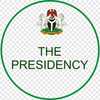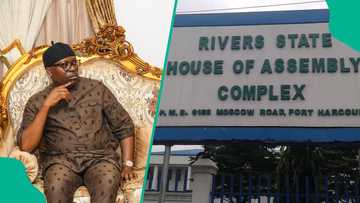
Nigerian Presidency
The Nigerian presidency is the highest office in Nigeria’s federal government, established by the 1999 Constitution. The president serves as head of state, government, and commander-in-chief, wielding significant executive powers to shape national policy and governance.
Powers and Responsibilities: The president appoints ministers, oversees federal agencies, and signs bills into law. They represent Nigeria internationally, manage the economy, and ensure national security. The presidency influences key sectors like education, health, and infrastructure.
Election and Tenure: Elected by popular vote, the president serves a four-year term, renewable once. Candidates must be Nigerian citizens, at least 35 years old, and backed by a political party.
Challenges: The presidency has faced issues like corruption, insecurity, and economic instability. Balancing diverse ethnic and regional interests remains critical.
Current Context: Bola Tinubu, elected in 2023, is the president of the country.















